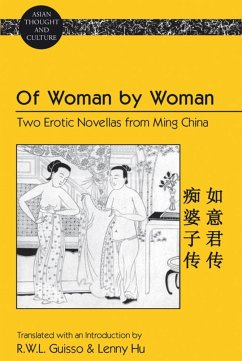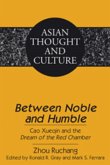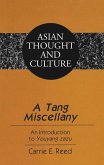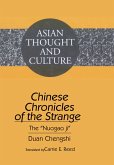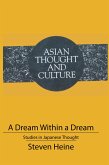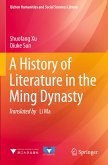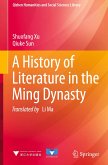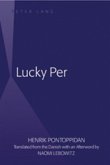The last century of Ming rule (1368-1644) in China saw an unparalleled and short-lived loosening of the restraints of conventional Confucian morality in both art and literature, and the two novellas translated in Of Woman by Woman are representative of that trend. Both were written under pseudonyms, and although there is evidence that both appeared first in the mid to late sixteenth-century, neither their authorship nor publication date can be established with any precision. Both were proscribed in the eighteenth-century literary inquisition of the Qianlong emperor, and remained banned in China until copies first appeared on the Internet in the 1990s. They are still largely unknown there, and hence have received scant attention from scholars both in East and West. Both, however, are milestones in China's literary history.
The first, Lord of Perfect Satisfaction (Ruyijun zhuan), recounts the amours of China's one and only female emperor, Wu Zetian, who exercised power for her incompetent husband for almost three decades in the glorious Tang dynasty. In 690, she overthrew the Tang and proclaimed herself the «Holy and Divine Emperor,» of a new Zhou dynasty which she ruled until her forced abdication and the Tang restoration in 705. History tells us that after she was widowed, she embarked upon a number of sexual liaisons, and throughout her sixties and into her seventies enjoyed a series of young lovers. The boudoir scenes in the novella constitute China's earliest examples of wholly explicit carnality, and can thus be regarded as the «fountainhead» of Chinese eroticism.
The second, Memoir of a Crazy Old Woman (Chipozi zhuan), appeared a few decades later and, in semi-autobiographical style, tells the tale of an upper-class woman whose sexual appetites lead her to ruin and a reclusive old age. In this single work, we see the full spectrum of sexual decadence in the late-Ming - seduction and rape, group sex and incest, and even an encounter with a Buddhist abbot. In spite of the pseudonym «Madame Hibiscus», previous commentators have stubbornly refused to believe that a female could have penned such an erotic, even «pornographic», work. The translators challenge this view, suggesting that this is the earliest work of erotica in world literary history whose author was, indeed, a woman.
The first, Lord of Perfect Satisfaction (Ruyijun zhuan), recounts the amours of China's one and only female emperor, Wu Zetian, who exercised power for her incompetent husband for almost three decades in the glorious Tang dynasty. In 690, she overthrew the Tang and proclaimed herself the «Holy and Divine Emperor,» of a new Zhou dynasty which she ruled until her forced abdication and the Tang restoration in 705. History tells us that after she was widowed, she embarked upon a number of sexual liaisons, and throughout her sixties and into her seventies enjoyed a series of young lovers. The boudoir scenes in the novella constitute China's earliest examples of wholly explicit carnality, and can thus be regarded as the «fountainhead» of Chinese eroticism.
The second, Memoir of a Crazy Old Woman (Chipozi zhuan), appeared a few decades later and, in semi-autobiographical style, tells the tale of an upper-class woman whose sexual appetites lead her to ruin and a reclusive old age. In this single work, we see the full spectrum of sexual decadence in the late-Ming - seduction and rape, group sex and incest, and even an encounter with a Buddhist abbot. In spite of the pseudonym «Madame Hibiscus», previous commentators have stubbornly refused to believe that a female could have penned such an erotic, even «pornographic», work. The translators challenge this view, suggesting that this is the earliest work of erotica in world literary history whose author was, indeed, a woman.

